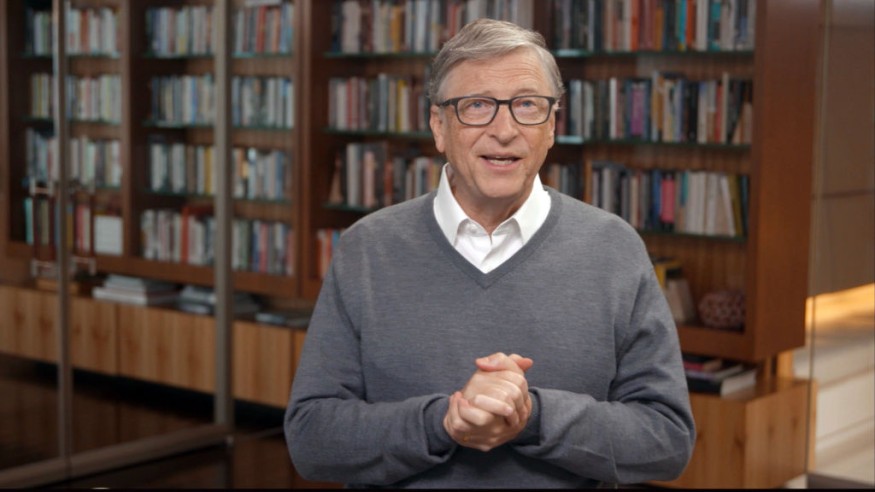In Seattle at his lakeside compound, Bill Gates was planning for his next move to save the world from mass extinction. Gates has been researching the two global afflictions of disease and poverty for 20 years. These issues prompted him to take climate change and its vexing civilizational effects into account.

Forget the ambitious proposals calling for a decade-long phase-out of fossil fuels or the "modest plans" to make electric vehicles a little affordable. Bill Gates suggests that President Joe Biden would need to go big on climate change by promoting major systemic and technical changes that would eliminate greenhouses in the economy by the middle of the century.
Read also: Biden First Day: POTUS Commits to 'Global Climate Initiative' as US Rejoins Paris Climate Accords
He lays out his plans and ideas in a new book, "How To Avoid A Climate Disaster: The Solutions We Have And The Breakthroughs We Need," to be published on February 16.
New Book
His new book suggests that policymakers need to turn their attention to long-term plans aimed at building a zero-carbon future, a mission that scientists say must be completed to head off catastrophic shifts in a handful of decades.
Gates spoke to Forbes ahead of the book launch about why he published the book. He also shared information that the book doesn't delve into, like how much he's invested in zero-carbon businesses, which ones he's most enthusiastic about, including a new kind of nuclear power facility, and what he's likely to engage in next.
Goal number one of the book, Gates states, is to explicitly spell out which sectors of the economy produce the 51 billion tons of greenhouse gases that are usually introduced to the atmosphere per year by the planet. In a video interview from a conference room in his offices in Seattle, Gates says, "The actual numerical framework, which is the most fundamental thing about every subject you want to discuss... that's still lacking. (For the percentage breakdown, see table.)" The target we need to aim for as a planet: zero pollution by 2050. Gates is confident that we will get there, as challenging as it sounds.
"To do this by 2050 would be a miracle," Gates said to POLITICO. "Now, miracles do happen."
Call for Action

His humanitarian organization, the Bill and Melinda Gates Foundation, is one of the richest in the world. Its mission of improving global health and reducing hunger has been connected to climate change for a long time.
And he has recruited a roster of experts to direct his Breakthrough Energy Projects fund, from Amazon's Jeff Bezos and cleantech investor Vinod Khosla to hedge fund guru Ray Dalio, to help accelerate the necessary technical discoveries.
"Green Premium"

The notion of a "green premium," the cost differential between a carbon-emitting product and its replacement, which does not, is a core theme of Gates' new book. More often than not, politicians and campaigners focus on small steps to minimize electricity consumption, such as home weathering systems or displace coal from renewables. Still, those, he argues, would not get the earth close to zero pollution.
What is desperately needed, Gates suggests, is a significant increase in the federal government's research and development budget to sort out the big stuff: eliminating the carbon emissions of things such as steel, concrete, aviation, and agriculture, where no progress has been achieved, so that industry and agriculture will continue to thrive in a net-zero environment.
ALSO READ: Earth 'Net Zero': The Race to Stabilize Global Heat Spikes
For more climate action news, don't forget to follow Nature World News!
© 2025 NatureWorldNews.com All rights reserved. Do not reproduce without permission.





